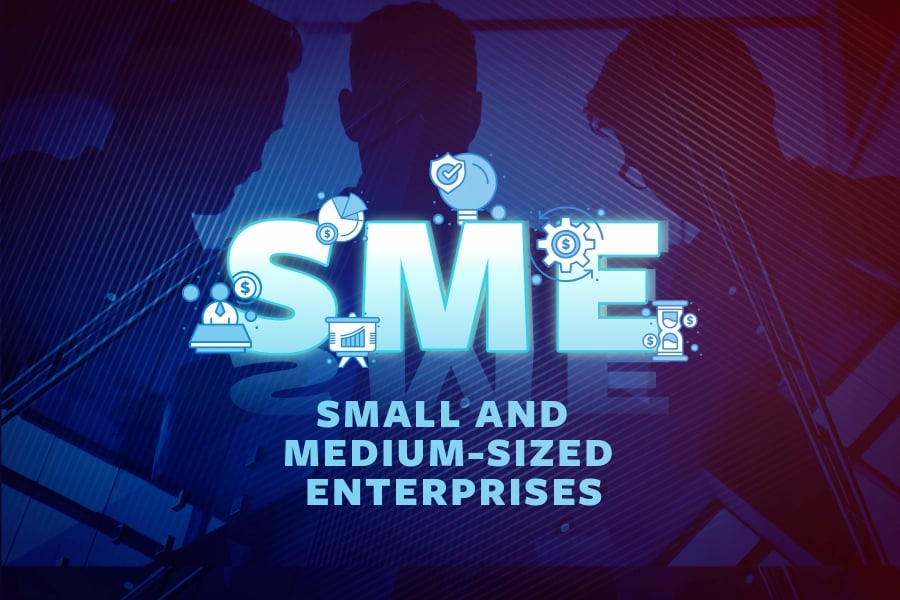KUALA LUMPUR: The National Industry ESG framework, or i-ESG, launched yesterday, will help small and medium enterprises (SME) to provide "proof of compliance" required by many destination markets, says Small and Medium Enterprises Association of Malaysia (Samenta).
In welcoming the 'Just Transition' approach introduced by the Ministry of International Trade and Industry (MITI), National president Datuk William Ng said the initiative comes at a time when exporting SMEs face mounting challenges posed by new ESG demands fromclients in developed economies, coupled with a multitude of diverse ESG standards and frameworks, often surpassing their resource capabilities.
At the launch of phase one of the framework, Investment, Trade and Industry (MITI) Minister Tengku Datuk Seri Zafrul Abdul Aziz said Phase 1.0 of i-ESG would centre on the principle of "Just Transition" because local businesses, particularly the micro, small and medium enteprises (MSMEs), cannot be held immediately accountable to standards that companies in developed markets have had a head start for at least a decade or longer.
"MITI is right in not mandating full compliance to any standard at this point in time, given that many of our SMEs are not fully prepared for ESG and that many of the requirements set by customers and importers can differ quite significantly from one another," he said.
Non-compliance with these new requirements threatens the exclusion of SMEs from the global supply chain.
"With the introduction of i-ESG, we now have a national framework that will serve as both a guideline and 'proof of compliance' required by many destination markets.
"We look forward to more support from the government in the form of low-interest loans to cover plant redesign and upgrade, new equipment, consultancy services and training for ESG," he said in a statement today.
Samenta is among the first associations to establish a sustainability and circular economy working group three years ago and is prepared to work with MITI and other agencies to assist our SMES both in manufacturing and services sectors to transition into the low carbon economy.
The i-ESG framework aims to provide guidance and drive the manufacturing sector, especially for micro, small, and medium enterprises (MSMEs) towards ESG compliance.
There are four pillars -- standards, financing, capacity building and market mechanism -- as well as 17 strategies, 50 deliverables and six key enablers.
.-





